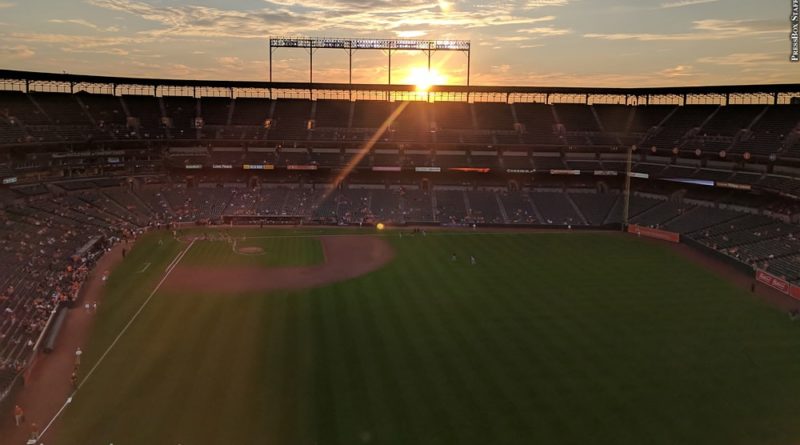SARASOTA, Fla. — Before being swamped with countless “takeaways,” there’s only one thing you really need to know about baseball’s new collective bargaining agreement.
It could, and should, have been done two weeks ago. At least.
Maybe not two months ago, because both sides, Major League Baseball and the Major League Baseball Players Association, still had a few chips on the table and neither side was going to relinquish until one went “all in.” What we did find out was that MLB’s “best, final” offer was a bluff, not “all in” as it was meant to sound.
When the bluff didn’t work, the cancellation of the season’s first week was a given and it was a question of which side would blink. I’ll leave whatever happened between Tuesday night and Wednesday morning for the two sides to explain, but it didn’t look or sound much different than what had been on the table 24 hours earlier.
Of the countless issues facing them, the ones that counted the most — the competitive balance tax thresholds and an international draft — were the final chips on the table. It’s like these two sides had a dinner meeting, settled on an appetizer (the universal designated hitter rule), a salad (restricting the amount of times a player can be sent down), a few side dishes (modifying service time restrictions, allowing advertising on jerseys and helmets, minimum salaries, a new 12-team playoff system, etc. etc.), but couldn’t figure out how to pair the wine with the main course.
MLB and the MLBPA came about as close as you can to splitting the difference on the competitive balance tax thresholds and chose to discuss a possible international draft in the coming months.
The basic parameters of arbitration eligibility remain in place, with enough tweaks to seemingly discourage teams from holding top prospects back one month in order to gain one year of service time.
Minimum salaries, the number of times a player can be optioned in a year (which was grossly abused in the past), the playoff system, a lottery system designed to discourage “tanking,” were throwaway items that became vital only when tied to more important issues.
The bottom line is, the obligatory apologies and “for the good of the game” statements could’ve been written and spoken weeks ago. The owners draw most of the heat here because there weren’t any substantive discussions from Dec. 2, when the lockout started, until early February.
As commissioner Rob Manfred noted himself, negotiations are generally guided by constraints of time and economics. There were only days after the original Feb. 28 “deadline” to make a deal so the time constraint should have been negligible, and it’s doubtful if the jump in gas prices in that time had any impact on baseball economics.
It has been generally agreed that any gains made during the strike of 1994-95 weren’t worth the pain — and it seemed like each side counted that as a strength. If so, they were wrong. Again.
This one could have been avoided. Now the MLB and MLBPA have five years to make nice with each other. We can only hope they realize it — and have enough time.
Jim Henneman can be reached at JimH@pressboxonline.com
Photo Credit: PressBox

